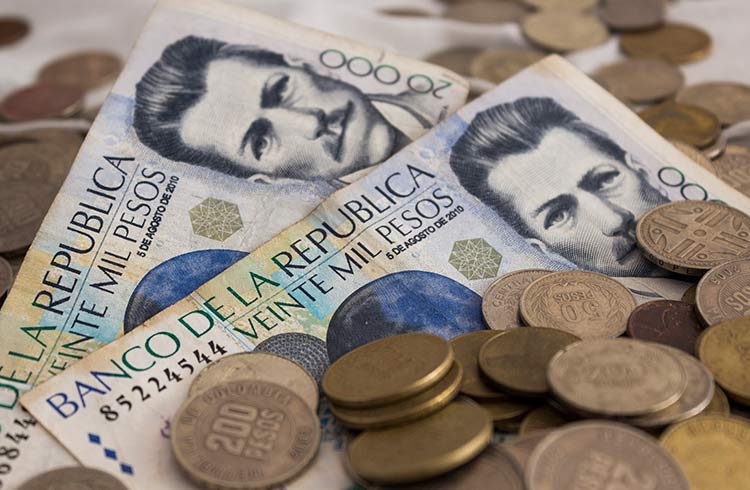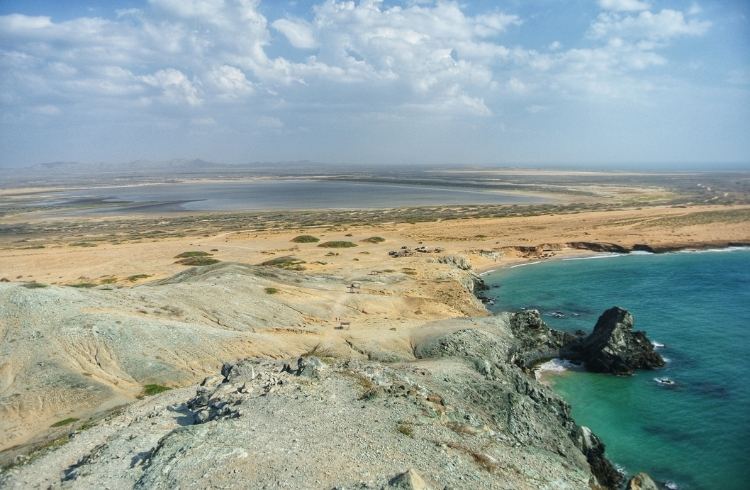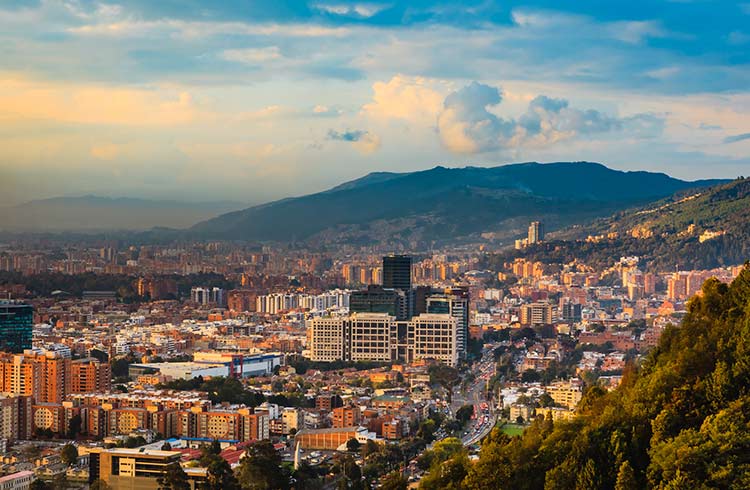9 Common Scams in Colombia: How to Avoid Being Conned
From counterfeit money to dating scams, stay one step ahead of the con artists on the streets of Colombia with these tips from our local insider, Jacqui de Klerk.
 Photo © iStock/David_Guanga
Photo © iStock/David_Guanga
Colombia has a reputation for drugs, kidnappings and murders. But ask any traveler who has traveled through this incredible country recently and they’ll tell you there’s nothing to worry about – as long as you go in there prepared and keep your wits about you.
Travel scams are performed by cunning locals all around the world, and in Colombia there are a few scams to watch out for.
1. Corrupt or fake police
If you're in a seedy area and a policeman stops and asks to check your pockets or to verify documents, request to go to a police station or hotel to do it. It's happened before; a corrupt/fake policeman has either stolen money from the foreigner's pockets or planted drugs – with the foreigner having to pay a hefty bribe.
Another scam is individuals posing as police officers ask to inspect a victim's money to check if it's counterfeit. They then issue the victim a receipt and tell them to go to a police station to get legitimate currency. At the police station, the victims are told their money was not fake and that they had, in fact, been scammed.
How to avoid it: Always leave your passport at the hotel and only carry a photocopy and entry stamps.
2. Short encounters
Be wary of people who try to sell you magazines or stickers when sitting at outside restaurants. During the short encounter and mild distractions, they quietly steal your phone from under the magazines.
Also, be aware of people who approach you in the street handing out flyers, selling you things, etc. While you're distracted and trying to wave them away, they – or an accomplice – might be trying to pick your pockets.
How to avoid it: Never leave valuables on the table or bags on the back of chairs that face the street. When walking in the streets or on public transport, carry your purse or backpack in front, with all the zips closed. If you carry a wallet in your pocket, keep it in the front pocket.
3. Overcharging
Foreigners are, unfortunately, often overcharged due to their perceived wealth. To avoid being ripped off, it's always a good idea to ask the price before you commit to paying for something. Doing so is especially important when taking a taxi, buying things and services from informal vendors in touristy areas, and ordering at restaurants in remote regions.
If you want to travel to the islands near Cartagena, avoid paying inflated 'gringo’ prices and book a tour with a reputable agency. And double-check the price before taking a photo of the Palenqueras in Cartagena – those Afro-Latinas in colorful traditional dresses – or any street characters to avoid any misunderstandings.
How to avoid it: Ask and negotiate the price beforehand.
4. Fake goods

Prices often denote quality and authenticity, so if the price of a supposedly genuine item is too low, it could be fake.
How to avoid it: Ask your hotel where you can find legitimate locally produced items.
5. Don’t show the money
To avoid being ripped off by a street vendor, never show how much money you have until you have agreed upon a price. If the vendor sees you have a large note, he might not be so inclined to haggle with you.
How to avoid it: Another way to get a good deal is to arrive at a stall with a big smile and a friendly buenos días señor! Keep in mind that the starting price is not always the final price — there is always room for a bit of negotiating.
6. Switching banknotes with taxi drivers
Before getting in a taxi, always agree on a price and ask if he has change for a large note (if you don't have small ones).
Pay attention during the money exchange. Often, when a traveler hands over a 20,000 note to the driver, he distracts you for a moment and then tells you, showing a 2,000 note, "Oh, you only gave me $2,000".
Or, you hand the driver a 50,000 note, and he returns the note saying, "No change" or "malo" (bad). The next day you try to pay with that 50,000 note that he gave back to you, and you're told it is fake. It's also happened that victims receive counterfeit notes as change.
How to avoid it: Try always to carry small banknotes and check returned notes to see if they are fake. The most common counterfeit notes are the 20,000 and 50,000 peso notes. A quick way to tell if a banknote is fake is by feeling it; genuine banknotes are textured. You can also check that the security feature (often an image like a fruit or flower) changes color when viewing it at different angles.
7. Going round and round
When taking taxis, pay attention and use an offline GPS to ensure that you are going in the right direction and not going around in circles, wasting time so that you end up paying more. The safest option is to use the mobile app Cabify to order a taxi, where your ride is tracked at all times. Make sure the driver keeps the app open.
How to avoid it: Tell them you've taken that particular route before – even if you haven't. That way, they think you're onto them, so they're less likely to take the long way.
8. Dating scams in Colombia
If you intend on using dating apps in Colombia, especially in the larger cities, be sure only to use legitimate mobile apps and always meet the person in a public place. Scammers have been known to use fake profiles to target foreign men and women, only to rob them later on when they are alone.
How to avoid it: If you see more body than face in a profile photo, the account could be that of a scammer.
9. Card cloning
Credit and debit card scams are not uncommon in Colombia. Your card number and pin can be stolen when you swipe at local stores or withdraw money from an ATM, and later duplicated and used. This method of capturing your credit and debit card information is called skimming.
Skimming is when criminals add a small electronic device over the card slot at an ATM or a genuine card reader at a store. The fraudulent device reads the card’s chip and magnetic tape, thus obtaining your card details.
How to avoid it: Try to always use ATMs inside banks or shopping centers and do so during business hours. Before you withdraw money from an ATM, check for odd-looking card slots, a raised keypad or anything that doesn’t look right. Always cover the keypad when you type in your pin so hidden cameras can’t steal your card information. And never leave your card unattended when paying at a store or restaurant.
Related articles
Simple and flexible travel insurance
You can buy at home or while traveling, and claim online from anywhere in the world. With 150+ adventure activities covered and 24/7 emergency assistance.
Get a quote


No Comments